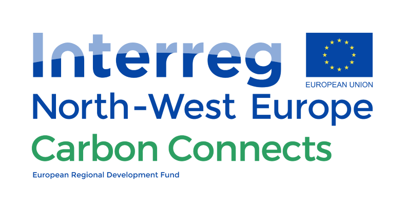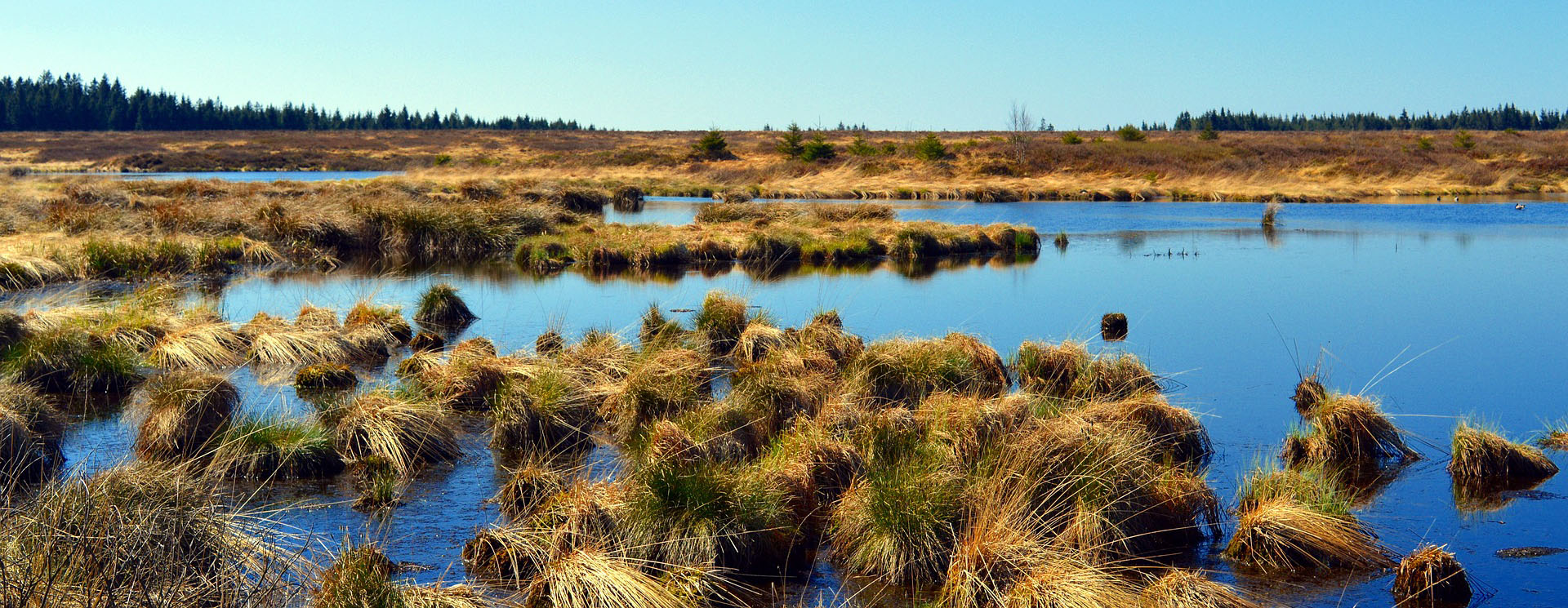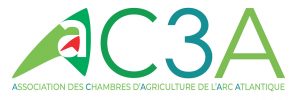Carbon Connects
Peatlands as a natural solution to climate change
- PROGRAMME : Interreg North-West Europe
- PRIORITY : Low carbon
- PARTNERSHIP - CHAMBERS OF AGRICULTURE: AC3A, sub-partner Regional Chamber of Agriculture Pays de la Loire, Sub-Partner Regional Chamber Of Agriculture Normandy
- LEAD PARTNER : Van Hall Larenstein University of Applied Science – The Netherlands
- DATES : 07/03/2018 - 31/12/2023
- OVERALL BUDGET : 5,4 m€ (3,3M€ funded by ERDF)


Context
Globally, peatlands store at least 550 gigatonnes of carbon, equivalent to more than twice the carbon stored in all forests or 75% of the carbon in the atmosphere. When they are degraded, peatlands emit carbon into the atmosphere, but they can also help prevent emissions when they are restored.
Actions
For restoration projects and sustainable farming activities on peatlands to be economically viable, external funding is needed. Carbon Connects therefore aims to reduce greenhouse gas emissions from drainage practices while proposing new viable and sustainable economic models for the use of peatlands. Led by partners from Belgium, France, Germany, Ireland, the Netherlands and the UK, the Carbon Connects project has managed and innovated on ten pilot sites in north-west Europe. There are two pilot sites in France: the first, in the Pays de la Loire region, is the Grand Lieu site, coordinated by the Pays de la Loire Chamber of Agriculture, and the second, in Normandy, is the Cotentin-Bessin site, coordinated by the Normandy Chamber of Agriculture.
Capitalisation phase
After four years, the project has entered the capitalisation phase, with the main aim of providing new financial incentives to facilitate peatland restoration. Many private companies could now invest in peatland restoration to meet their carbon offset targets, but they lack connections, financial mechanisms and a sufficiently reliable framework for certifying carbon credits. A market acceleration committee has been set up as part of the project to initiate a dialogue on this subject.
Thanks to this approach, the Carbon Connects project has effectively established a direct connection between investors, brokers and land managers.
Funding
Carbon Connects is funded (60%) by INTERREG Europe du Nord-Ouest
The Carbon Connects project partners have won the second Interreg NWE “capitalisation” call for projects. This means an extension in terms of budget and duration – the project will now run until December 2023, the new activities will enable the partners to maximise the impact of the project. Further information.
Project continuation
AC3A is continuing its efforts to develop a sustainable economy in peatland areas as a partner in the Interreg NWE Buffer+ project, where we are leading the WP2 activities on new economic models.
- News related to Carbon Connects
Towards the certification of carbon credits to restore peatlands
“SUSTAINABLE FARMING FOR PEATLANDS”
AC3A Congress 2021 in Dax
Carbon Connects wins Interreg capitalisation call
International symposium ‘Sustainable peatlands: A win for all’
- AC3A Projects
